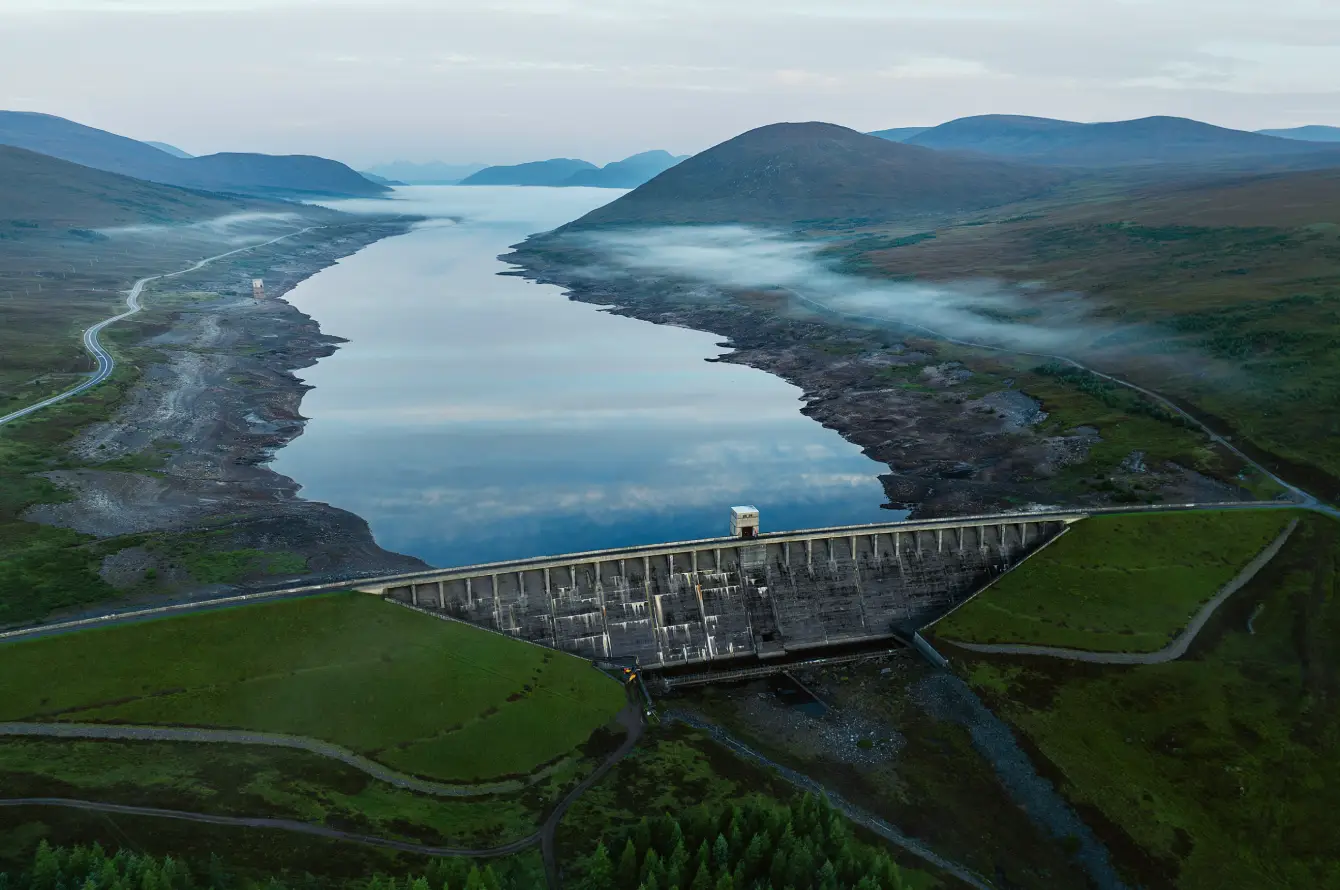The UK can still reach its legally binding target of net zero greenhouse gas emissions by 2050, according to the Climate Change Committee (CCC), the government’s independent climate adviser. In its latest progress report, the CCC said recent policy shifts and technological progress have put the country back on a credible path to hitting both the 2050 goal and its shorter-term carbon budgets for 2030.
After years of criticism over slow and inconsistent progress, the report marks a more optimistic tone. The committee highlighted that the new Labour government’s moves to lift restrictions on onshore wind farms and accelerate offshore wind expansion had already begun to reshape the energy landscape. Alongside the growing uptake of electric vehicles and heat pumps, these developments form a more solid foundation for the UK’s decarbonisation strategy.
However, the CCC warned that electricity remains disproportionately expensive compared to gas, due largely to levies that fund the shift to clean energy. This price imbalance is discouraging the switch to electric heat and transport—key pillars of the net-zero plan. The committee urged the government to rethink how these levies are applied, proposing either shifting the costs onto gas bills or absorbing them through general taxation. Both options would be politically difficult, but the CCC stressed that reform is necessary to avoid locking households and industries into fossil fuel dependence.
Economic case net zero
The economic case for net zero is growing stronger, the CCC added. Although upfront costs remain, its analysis suggests the UK will see net financial benefits from decarbonisation by the late 2030s, with long-term savings continuing to 2050 and beyond. Investments in renewable energy, energy efficiency, and low-carbon technologies are expected to reduce dependence on volatile fossil fuel markets while creating jobs and spurring innovation.
Nature-based solutions are also beginning to play a more visible role. The CCC noted that tree planting rates, particularly in Scotland, have reached their highest levels since the 1990s. While current efforts still fall short of what’s needed to meet long-term climate and biodiversity targets, the progress was described as promising.
The government now faces a key legal deadline. By October, ministers must submit a detailed climate action plan that outlines how the UK intends to meet its future emissions targets. The new plan is expected to feed into the seventh carbon budget, covering emissions reductions from 2038 to 2042.
Costs of the green transition
Despite the upbeat assessment, the CCC emphasized that progress must be sustained and equitable. It called on policymakers to ensure that the costs of the green transition do not fall unfairly on low-income households, but are instead borne by polluters and those most able to pay.
The report signals a shift in the UK’s climate narrative: from warnings of missed targets to a recognition that, with political will and policy follow-through, net zero remains within reach.



